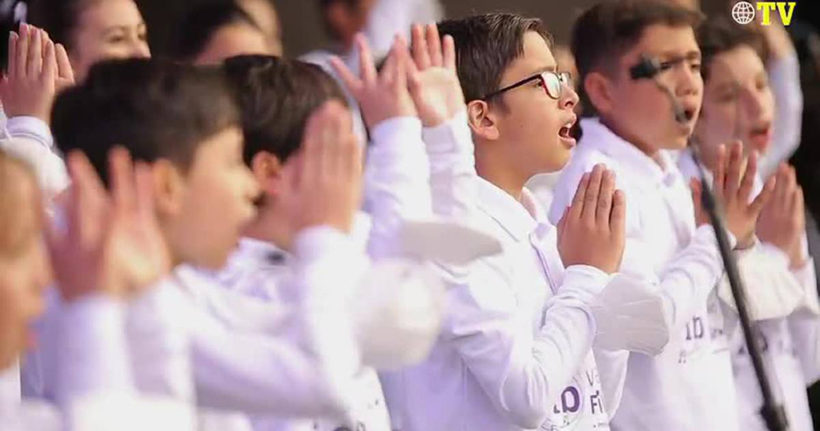30 November 2021. El Espectador
“In Bogotá you turn on the tap and water comes out”, but in the village of Vuelta Acuña – in Cimitarra, between Yondó, Puerto Parra, Puerto Berrío and the Carare river – there is no aqueduct, and if you are thirsty you have to turn on the Magdalena river. This is how the inhabitants of the village have lived for generations: 70 families of sons, brothers, parents, grandparents and neighbours “of a beautiful black woman” who was stigmatised and persecuted because her son Pastor Alape was a guerrilla fighter; and because before the peace process it was easier to fall into the temptation of dividing the world into innocent and guilty; we were more ignorant and there was a tendency to leave the causes of the conflict anaesthetised, so as not to remove the tectonic plates of a perverse and decadent social structure.
Today Pastor, the son of “la negra hermosa”, is a former commander who will never return to war; a tireless grandfather, leader and friend who knows how to be present; he is a peace builder who for 5 years has travelled the country telling the truth and has asked for forgiveness in the JEP, in Bojayá, in Villavicencio, in the municipalities and roads where the FARC committed atrocious crimes, where soldiers, insurgents and paramilitaries pierced each other’s lives with bullets and devastating resentment.
Six decades had to pass to understand that the dead on both sides are the same children of the same countryside, the same children of 20 or 50 years ago whom the state has always abandoned, and a large part of society has ignored.
After 9 million victims, several failed peace processes, and one signed and acclaimed by the world, we finally woke up from amnesia, intimidation and indifference. We finally understood that natural death is the one that comes to you when you have reaped all the harvests, and not that violent thing that comes out of the mouths of guns and bombers.
Last week, at the celebration of the 5th anniversary of the signing of the Accord, the choir “Children of Peace” performed in Bolivar Square, and there came the UN Secretary General, the same one who publicly lamented the deaths of social leaders and ex-combatants, and said that “there are many issues on which one can disagree in a democracy, but peace can no longer be one of them”. (Hopefully we will understand this at the ballot box, and be able to elect a team to lead the country that does not perpetuate the disaster left by this exhausted and exhausting government).
There were forums, formal sessions, speeches of all categories, diplomatic presence, theatre, sopranos and drums; we saw that the bodies born of the Accord have been strengthened and have put the truth on the table. We saw a static president in office, who continues to lie to us as if our neurons were immersed in jelly. And we saw former president Juan Manuel Santos and Rodrigo Londoño together – convened by the Defend Peace movement – in a dialogue of simple words and profound content; they toasted each other with polas made by former combatants and recognised each other’s courage for not having abandoned the boat of peace.
And on Friday in Lubianka – a space, a bar created for the impossible to happen and for conversations to be woven between antagonists – was the launch of Alapaz, craft beer with a social cause. And so we return to the beginning of this story: Alapaz is born so that in the village of Vuelta Acuña – rural code 686058 and reconciliation code without number or expiry date – life and water are drinkable, and there is forgiveness for all the pain caused by the war.












